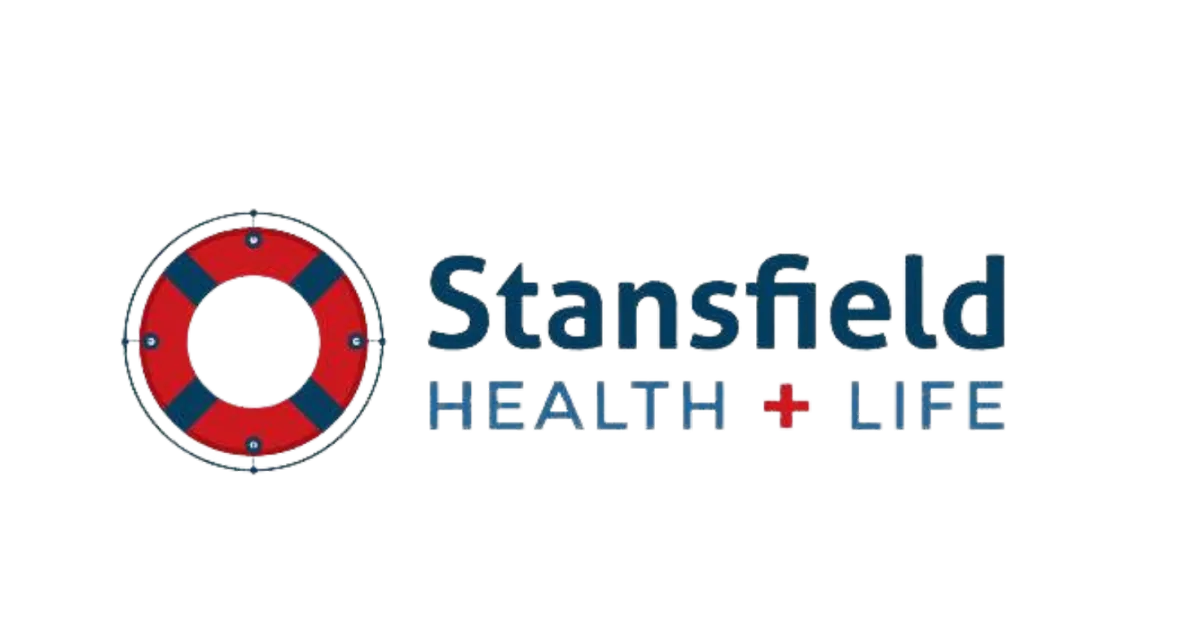
CALL US NOW!
Blog

5 Steps to Protect Yourself From Medicare Scams
Medicare scams are becoming increasingly advanced, targeting seniors during enrollment when they’re most in need of clear guidance and support. One wrong move can lead to financial loss, identity theft, or serious delays in your health coverage. In this guide, we outline 5 essential steps to protect yourself from Medicare scams—including the warning signs to look for, critical mistakes to avoid, and how to safeguard your information with confidence.
1. Safeguard Your Medicare Number: Never share your Medicare number unless you're at a verified medical office or working with a licensed, appointed Medicare agent.
2. Shred All Medicare Documents You No Longer Need: Don’t toss paperwork in the trash. Use a shredder to destroy old Medicare statements and insurance documents.
3. Monitor Your Medicare Summary Notice: Review your quarterly Medicare statements. If you spot unfamiliar services or charges, call Medicare immediately.
4. Use the Official SSA and Medicare Sites
For enrollment or questions, always go directly to:
Avoid clicking links from emails or texts.
5. Work With Licensed Medicare Agents Only: Ask for credentials. Agents should have a state-issued license and their national producer number (NPN). Don’t hesitate to verify them through your state’s Department of Insurance.
What to Do If You Suspect a Scam
If you think you’ve been contacted by a scammer or shared information in error, act fast:
Report Immediately:
Medicare: 1-800-MEDICARE (1-800-633-4227)
FTC: reportfraud.ftc.gov
Your Medicare Advantage Plan Provider: If applicable
State SHIP Office: Find help at shiphelp.org
Take Further Action:
Monitor your credit for suspicious activity.
File a report with identity theft protection services if necessary.
Call your bank or credit card provider if financial details were shared.
How to Recognize a Legitimate Medicare Interaction
Protecting yourself starts with knowing how Medicare actually communicates:

Always verify before responding. If you're unsure, hang up and call 1-800-MEDICARE.
How to Safely Apply for Medicare Without Risk
Applying for Medicare doesn’t have to be complicated—or dangerous. Here’s the safe path:
Start at SSA.gov or Medicare.gov—never click third-party links.
Apply only through trusted channels—online, by phone, or in person at a Social Security office.
Ignore unsolicited offers—especially those offering “assistance” for a fee.
Confirm plan details in writing—don’t enroll over the phone without reviewing an official summary.
Ask a trusted family member or SHIP counselor to review your application.
Help Protect Others: Share the Warning
If you’ve learned something from this guide, share it with your family and community. Educating others—especially new enrollees—can help shut down scams before they spread.
Final Thoughts: Stay Vigilant, Stay Safe
Medicare scams are becoming more complex, but so is your ability to stop them. By recognizing common tactics, protecting your personal data, and sticking with official channels, you can confidently enroll in Medicare and access your benefits without worry.
Never give personal information to unsolicited callers.
Never pay for your Medicare card.
Always double-check before you act.
Book Your “No Obligation” Consultation from
a local Medicare Insurance Plan Specialist.
Attend our “live” local Medicare
Education Workshop
Disclaimer: Medicare has neither reviewed nor endorsed this information. We’re not connected with or endorsed by the United States government or the federal Medicare program. We do not offer every plan available in your area. Any information we provide is limited to those plans we do offer in your area. Please contact Medicare.gov or 1-800-MEDICARE to get information on all your options.
Stansfield Health and Life © Copyright 2023
Website design and Marketing by LaunchpadPro
